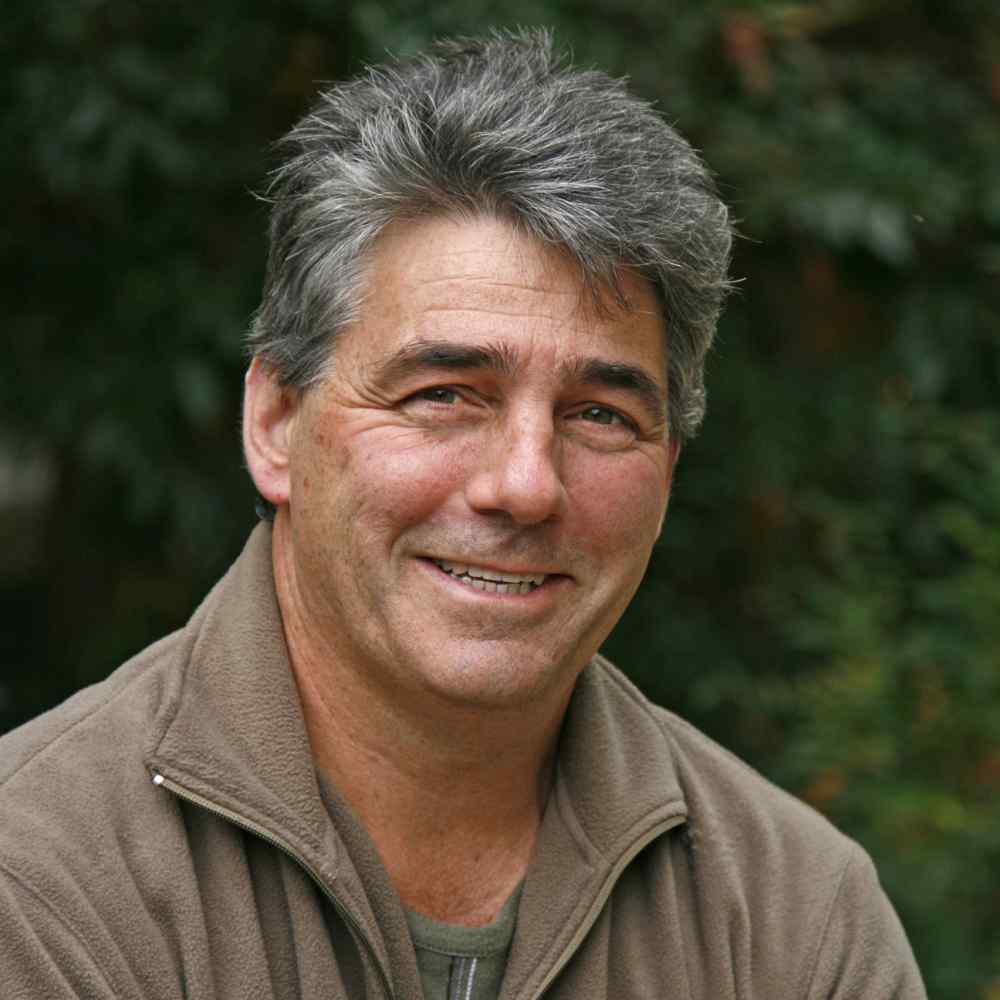David Lindenmayer
Lead Scientist
Professor David Lindenmayer is an Australian scientist and academic. He is an expert in landscape ecology, conservation and biodiversity. His areas of expertise also include environmental management, forestry management and environment, terrestrial ecology, wildlife and habitat management, environmental monitoring, forestry fire management, natural resource management, zoology and forestry sciences. He currently runs 6 large-scale, long-term research programs in south-eastern Australia, primarily associated with developing ways to conserve biodiversity in reserves, national parks, wood production forests, plantations, and on farm land.
A Professor of Ecology and Conservation Biology at The Australian National University’s Fenner School of Environment and Society, he has published more than 1240 scientific articles including over 785 peer-reviewed scientific papers and 45 books on a wide range of topics associated with forestry, woodlands, wildlife and biodiversity conservation and ecologically sustainable natural resource management. His areas of expertise also include environmental management, forestry management and environment, terrestrial ecology, wildlife and habitat management, environmental monitoring, forestry fire management, natural resource management, zoology and forestry sciences, with a particular focus on the endangered Leadbeater’s possum. His work on wildlife conservation and biodiversity has, for many years, led world research in this area. David’s conservation and biodiversity research has been recognised through numerous awards, including the Eureka Science Prize (twice), Whitley Award (seven times), the Serventy Medal for Ornithology. and the Australian Natural History Medallion. He is an Australian Research Council Laureate, a member of the Australian Academy of Science and was appointed an Officer of the Order of Australia “for distinguished service to conservation and the environment in the field of landscape ecology, to tertiary education, and to professional organisations.”


